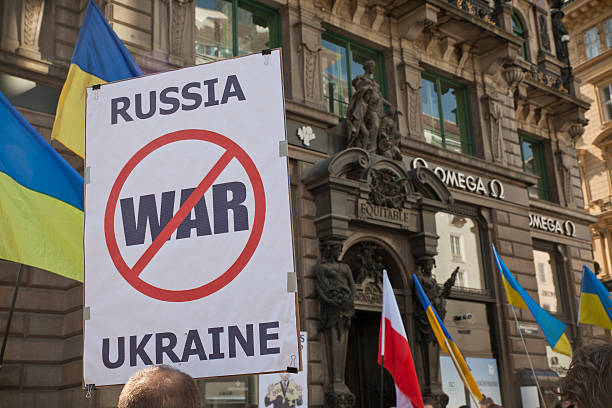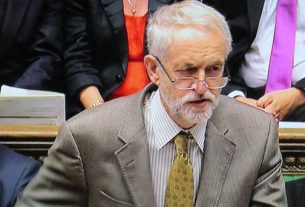The Trump administration is reportedly preparing to acknowledge Russian authority over Crimea as part of a broader strategy to end the ongoing war in Ukraine, according to a source familiar with recent diplomatic efforts.
Russia has occupied Crimea since its controversial annexation in 2014, an act condemned by most of the international community. Since the full-scale invasion of Ukraine in 2022, Russian forces have also taken control of portions of Donetsk, Luhansk, Kherson, and Zaporizhzhia regions.
While the Ukrainian government has not issued an immediate response to the reported shift in U.S. policy, President Volodymyr Zelensky has consistently emphasized that Kyiv will not recognize any territories seized by Russia as legitimate. Earlier this year, Zelensky reiterated that Ukraine considers the recognition of occupied regions as a “red line” in any peace talks, stressing the immense sensitivity surrounding territorial sovereignty in potential negotiations.
As part of the proposed framework, the United States aims to establish a ceasefire along current battle lines, potentially freezing the conflict while negotiations proceed. The plan was recently presented to European and Ukrainian officials during a meeting in Paris and was communicated to Russia through diplomatic channels.
Despite claims by former President Donald Trump that he could end the conflict within a single day, progress toward a peace deal has been sluggish. Russian reluctance to engage in meaningful compromise has led to mounting frustration within U.S. circles.
Secretary of State Marco Rubio reportedly warned that the U.S. is ready to step back from mediation efforts if no clear progress is made soon. In contrast, Trump offered a more optimistic tone, acknowledging Rubio’s statement while expressing hope for a resolution. “No set number of days, but we want to get it done quickly,” Trump said.
Further discussions are planned in London next week, where U.S., European, and Ukrainian officials are expected to finalize aspects of the framework. Meanwhile, Trump’s Middle East envoy, Steve Witkoff, is scheduled to meet again with Russian counterparts in an effort to push the initiative forward.
Human Rights Concerns in Crimea
Since Russia’s annexation of Crimea, the region has reportedly experienced widespread repression. International observers have documented human rights abuses, including arbitrary detentions, forced indoctrination in schools, and various forms of mistreatment and torture. Allegations also include efforts to erase Ukrainian identity through mandatory Russian-language education and military training for children.
Despite the volume of evidence, Russia continues to deny these claims. Before the 2014 annexation, Crimea was home to around 2.5 million people and was a popular tourist destination. Ukrainian officials estimate that over 64,000 people have fled the peninsula since then, with NGOs suggesting the real number may be much higher.
Moscow has undertaken a deliberate campaign to “Russify” the region, encouraging hundreds of thousands of Russian citizens to relocate to Crimea. By 2023, Ukrainian sources estimated that between 500,000 and 800,000 Russians had permanently moved to the area, particularly following the completion of the Kerch bridge linking Crimea to mainland Russia.
Legal experts suggest that the same tactics used in Crimea—targeting dissenting communities and altering demographics—have been replicated in other occupied regions. According to human rights advocates, this model of occupation has caused lasting damage to local societies, both at a community and individual level.




